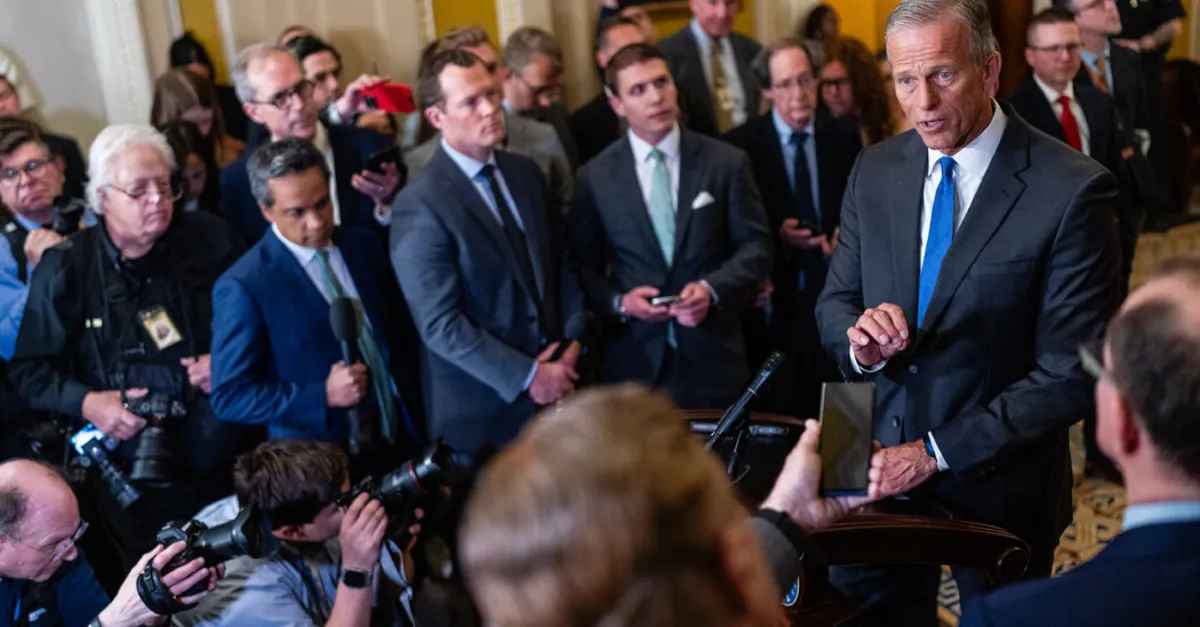
Historically, when Republicans cut taxes, these reductions were often temporary. This was largely due to Washington’s complex budget rules that limited the extent to which lawmakers could increase the federal deficit. In the past, Republicans took a calculated risk, believing that the tax cuts would continue beyond their initial terms, banking on the expectation that Democrats would eventually vote to extend them.
However, the political landscape has shifted this year, as many Republicans are no longer willing to gamble on this strategy. Recently, Senate Republicans approved a budget outline that paves the way for making the Trump tax cuts permanent, without requiring support from Democrats. Achieving this would involve significant changes to longstanding Senate procedures that dictate how legislation can be passed along party lines. Such a move would represent a substantial transformation of the Senate, potentially leading Democrats to pursue major legislative changes when they regain control of the chamber.
Senate Republicans firmly believe in the value of the Trump tax cuts, which were initially enacted in 2017. This historic legislation lowered individual income tax rates for the majority of Americans, expanded the standard deduction, and significantly reduced corporate taxes. However, due to the standard accounting practices used during their implementation, many of these tax cuts are set to expire at the end of this year, creating what lawmakers refer to as a fiscal cliff. If Congress does not pass new legislation, millions of Americans could face increased taxes.
With control of Congress and the White House, Republicans recognize their advantageous position as the expiration of the tax cuts approaches. They are presented with an opportunity to extend these cuts without needing to negotiate with Democrats, who have expressed intentions to reverse some of the benefits provided by the original tax cuts. This scenario places Republicans in a pivotal role as they navigate the complexities of tax policy amidst varying political pressures.
As the deadline for potential tax increases looms, the coming months will be crucial for both parties. The Republican strategy to secure the Trump tax cuts permanently could reshape the tax landscape for years to come, emphasizing the need for careful legislative maneuvering and strategic planning.